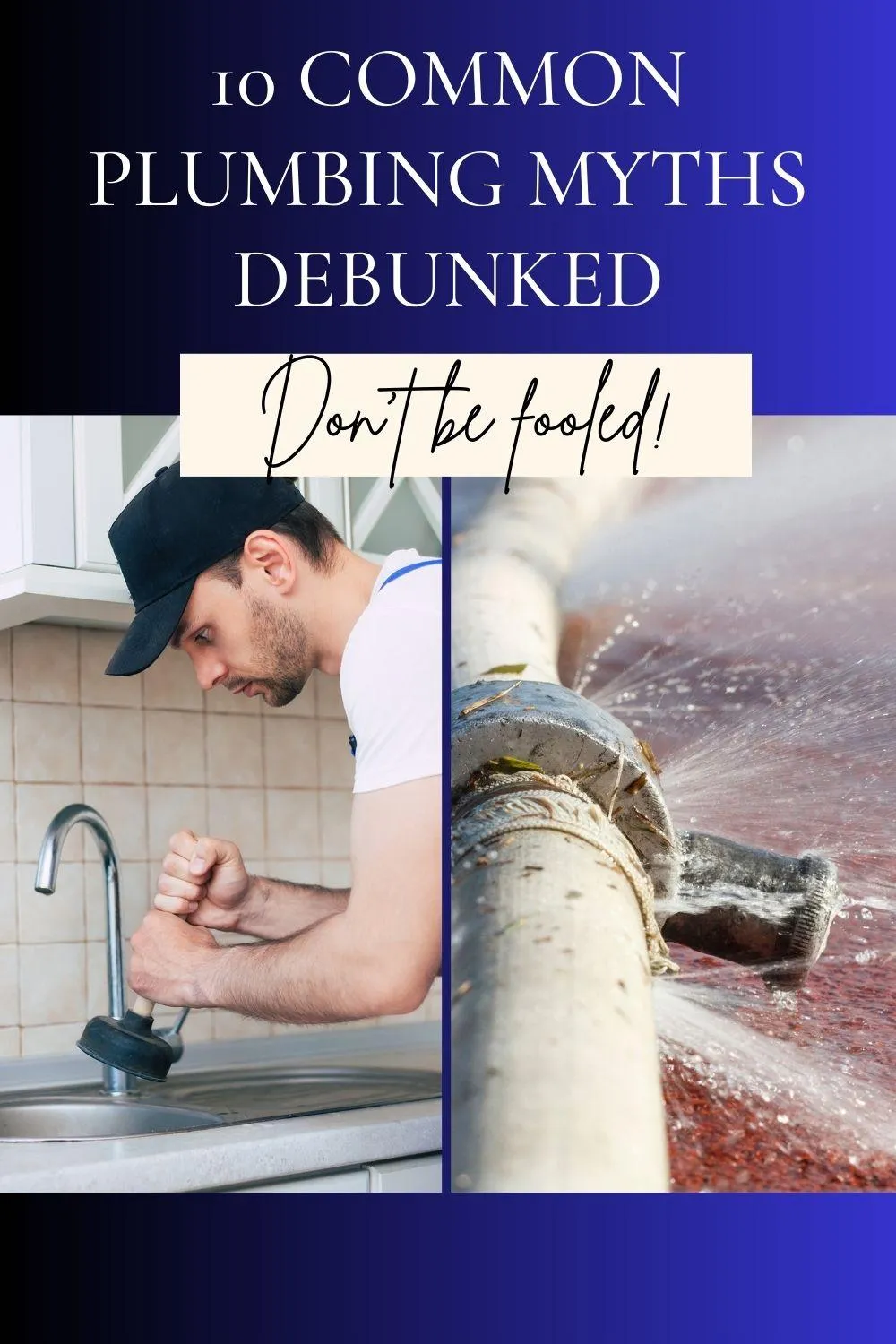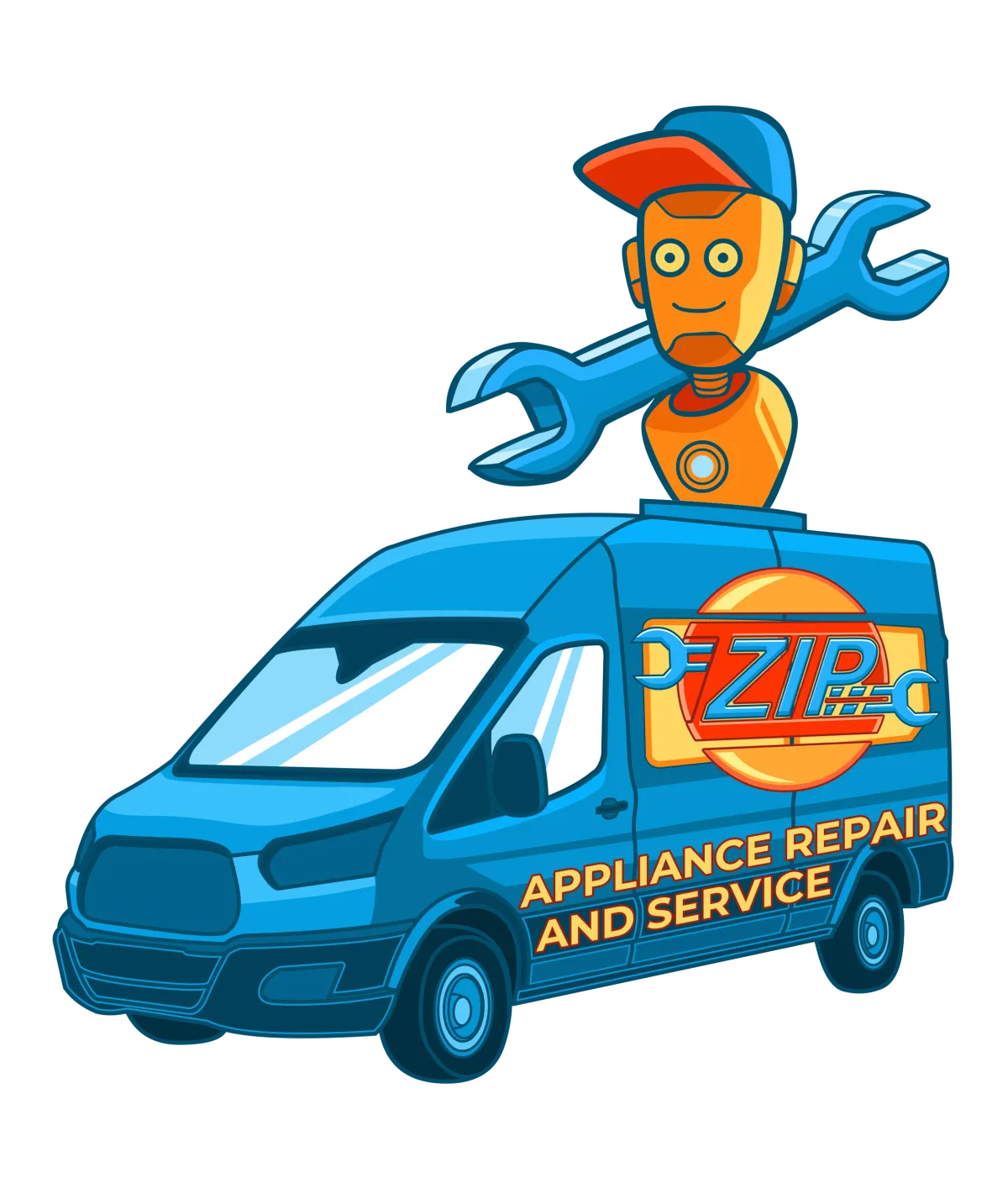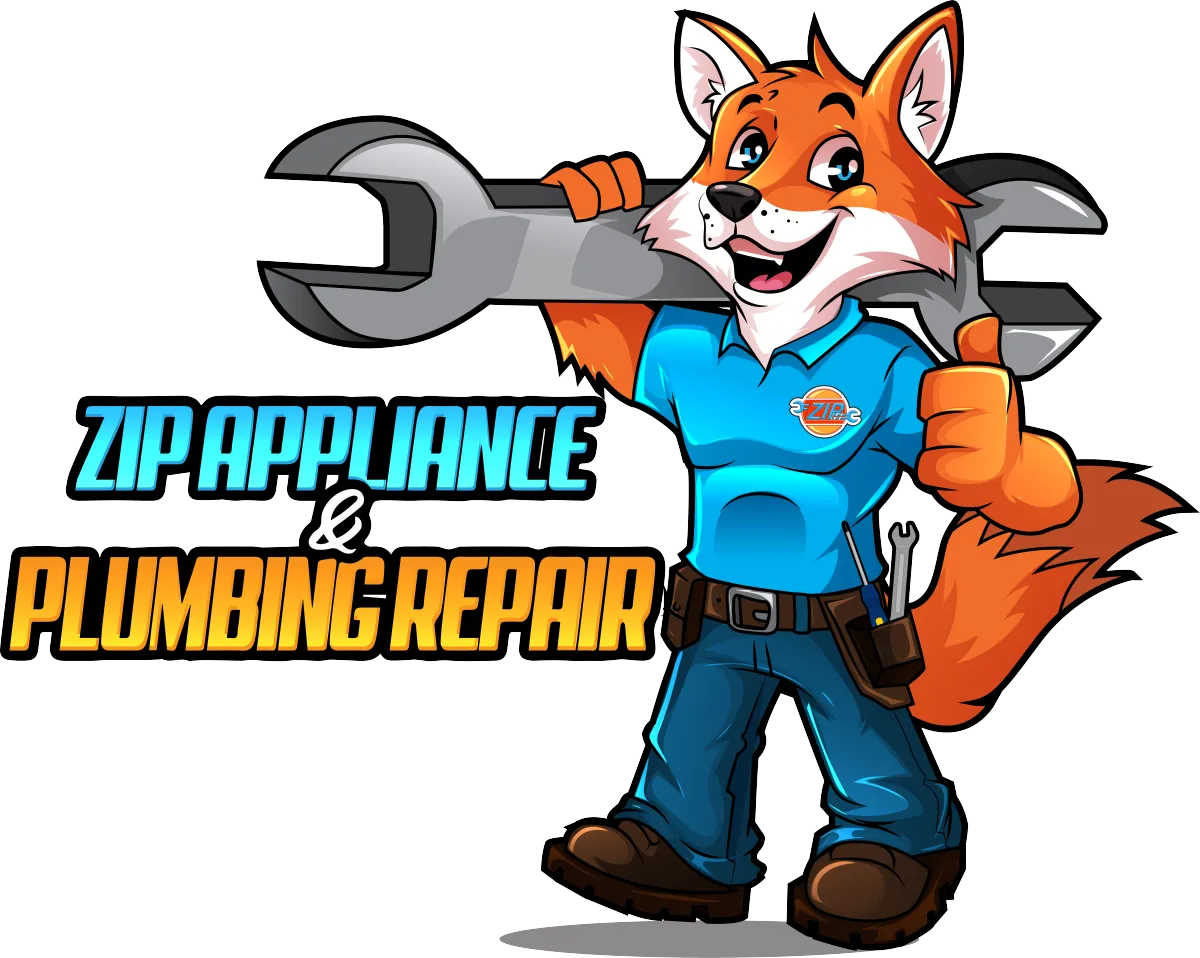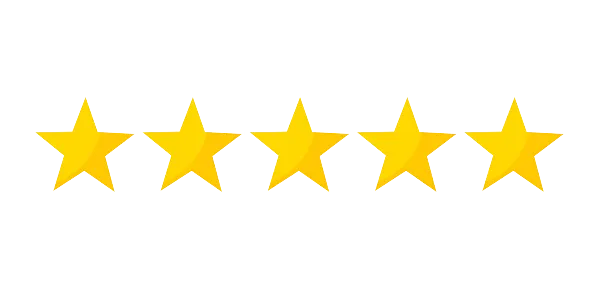Phone: (559) 272-4265
Appliance Repair Tips For Bakersfield, CA Residents

10 Common Plumbing Myths Debunked: Get the Facts!
"Don't let plumbing myths drain your wallet! Discover the truth behind common misconceptions and keep your home running smoothly with expert insights." - Appliance Boss
Introduction
Plumbing is an essential aspect of any home, yet it remains shrouded in misconceptions that often lead to inefficiencies and costly mistakes. Understanding the facts is crucial for maintaining a safe, efficient, and well-functioning plumbing system. In this article, we delve into some of the most common plumbing myths, revealing the truth behind each and offering practical advice to keep your home running smoothly.
Why Plumbing Myths Matter: Understanding Common Misconceptions
Plumbing myths are more than just harmless misunderstandings; they can have real consequences for your home’s safety and efficiency. Believing these myths can lead to poor decisions that may result in damage or increased costs down the line. Shedding light on these misconceptions helps homeowners make informed choices, ensuring their plumbing systems remain in optimal condition.

The Risks of Believing Plumbing Myths
Following outdated or inaccurate advice can be detrimental to your home’s plumbing. From ignoring potential issues to employing ineffective DIY fixes, the risks of believing plumbing myths include damage to pipes, water wastage, and unexpected repair bills. Understanding the reality behind these myths is the first step toward protecting your home.
How Plumbing Myths Can Lead to Costly Mistakes
Mistakes rooted in plumbing myths can turn into costly repairs or replacements. For example, ignoring a minor leak because it seems inconsequential can lead to significant water damage over time. Homeowners often think they are saving money with DIY fixes based on misinformation, only to find they need to call in professionals to address the aftermath.
Myth #1: Flushable Wipes Are Safe for Your Toilet
Many believe that "flushable" wipes are just as safe as toilet paper. However, this is far from the truth.
What “Flushable” Really Means
The term “flushable” is often a marketing term rather than a guarantee. While these wipes may flush down the toilet initially, they do not break down as easily as toilet paper. This can lead to clogs that accumulate over time, causing blockages in your plumbing system.
How Wipes Can Clog Your Pipes
Wipes tend to clump together and create blockages in pipes, particularly in older plumbing systems. This buildup can lead to stubborn clogs that require professional intervention to clear. Using wipes responsibly, or better yet, disposing of them in the trash, can prevent these issues from arising.
Myth #2: Leaky Faucets Aren’t a Big Deal
It’s easy to dismiss a dripping faucet as a minor annoyance. However, this small problem can have a bigger impact than you might think.
How a Drip Adds Up to High Water Bills
A single drip may not seem like much, but over time, those drops add up to gallons of wasted water. This not only drives up your water bill but also contributes to unnecessary water consumption.
The Environmental Impact of Ignoring a Leak
Ignoring leaky faucets also has a broader environmental impact. Wasted water contributes to the strain on local water resources, making it a problem that extends beyond your home. Fixing leaks promptly is a simple way to conserve water and reduce your environmental footprint.
Myth #3: All Plumbers Charge the Same Rates
Homeowners often assume that plumbing services are all priced similarly, leading them to choose the first option they find.
Why Pricing Can Vary Between Plumbers
The truth is, plumbing rates can vary widely based on factors like experience, expertise, and the complexity of the job. A more experienced plumber might charge higher rates but could also complete a job faster and more efficiently, potentially saving you money in the long run.
How to Find a Fair and Reliable Plumbing Service
When searching for a plumber, it’s important to compare rates and read reviews. Look for transparency in pricing and ask for a detailed estimate before any work begins. This ensures you’re getting a fair deal without sacrificing quality.
Myth #4: Running Water While Using the Garbage Disposal Prevents Clogs
Many people believe that running water while using the garbage disposal will wash everything down smoothly. But this isn’t always the case.
The Right Way to Use Your Garbage Disposal
While running water can help, it’s more important to avoid putting certain items in the disposal altogether. Fibrous foods, eggshells, and coffee grounds can clog your pipes, even with water running. Understanding what can and cannot be disposed of is crucial for maintaining a clog-free kitchen sink.
Common Disposal Mistakes to Avoid
Avoid dumping large quantities of food waste into the disposal all at once. Instead, feed waste slowly and run cold water before, during, and after use. This helps the disposal grind food more effectively and flushes it through the pipes properly.
Myth #5: It’s Okay to Pour Grease Down the Drain with Hot Water
Many believe that hot water will keep grease from solidifying in the pipes. Unfortunately, this is not true.
Why Grease and Drains Don’t Mix
Hot water may liquefy grease temporarily, but once it cools, the grease solidifies and can clog your pipes. Over time, this buildup can cause serious blockages that require professional cleaning.
How to Safely Dispose of Cooking Oils and Grease
Instead of pouring grease down the drain, let it cool and dispose of it in a sealable container. You can also wipe excess grease from pans with a paper towel before washing. These small steps can prevent significant plumbing issues.
Myth #6: Chemical Drain Cleaners Are the Best Way to Unclog a Drain
Reaching for a chemical drain cleaner might seem like the easiest solution, but it can do more harm than good.
The Dangers of Chemical Drain Cleaners for Pipes
Many chemical drain cleaners contain harsh ingredients that can corrode pipes, especially in older plumbing systems. While they may provide a temporary fix, they often lead to bigger problems down the road.
Safe Alternatives for Clearing a Clogged Drain
Consider using a drain snake or a plunger for minor clogs. For tougher blockages, a natural solution like baking soda and vinegar can be effective. When in doubt, call a professional to handle the clog without risking damage to your pipes.
Myth #7: Plumbing Fixtures Don’t Need Regular Maintenance
Regular maintenance is often overlooked when it comes to plumbing, but it’s essential for long-term efficiency.
Why Routine Checks Save Money and Hassle
Regularly checking your plumbing fixtures can help catch small issues before they become costly repairs. This includes inspecting for leaks, testing shut-off valves, and cleaning aerators.
Simple DIY Maintenance Tips for Homeowners
Homeowners can take simple steps like flushing water heaters annually, cleaning drains, and checking for visible leaks. These tasks can keep your plumbing running smoothly and extend the lifespan of your fixtures.
Myth #8: A Little Sewer Smell Is Normal
A faint sewer odor in your home is not something to ignore—it can indicate a bigger issue.
Why You Should Never Ignore Sewer Odors
Sewer smells could indicate a broken vent or a dried-out p-trap, both of which can be signs of a larger plumbing problem. Addressing these issues quickly is crucial for your home’s safety and sanitation.
How to Identify and Fix Sewer Gas Leaks
If you detect a sewer smell, check under sinks and in basements for dry traps. Adding water to unused drains can help prevent odors, but persistent smells may require professional attention.
Conclusion
Understanding and debunking common plumbing myths can save homeowners from unnecessary expenses and hassles. By learning the facts and taking proactive steps, you can keep your home’s plumbing system in top shape, ensuring a comfortable and safe living environment. Reach out to Zip Appliance and Plumbing Repair at https www.ziprepairservice.com/ or call us at (661) 387-2282 for expert plumbing advice and services.

10 Common Plumbing Myths Debunked: Get the Facts!
"Don't let plumbing myths drain your wallet! Discover the truth behind common misconceptions and keep your home running smoothly with expert insights." - Appliance Boss
Introduction
Plumbing is an essential aspect of any home, yet it remains shrouded in misconceptions that often lead to inefficiencies and costly mistakes. Understanding the facts is crucial for maintaining a safe, efficient, and well-functioning plumbing system. In this article, we delve into some of the most common plumbing myths, revealing the truth behind each and offering practical advice to keep your home running smoothly.
Why Plumbing Myths Matter: Understanding Common Misconceptions
Plumbing myths are more than just harmless misunderstandings; they can have real consequences for your home’s safety and efficiency. Believing these myths can lead to poor decisions that may result in damage or increased costs down the line. Shedding light on these misconceptions helps homeowners make informed choices, ensuring their plumbing systems remain in optimal condition.

The Risks of Believing Plumbing Myths
Following outdated or inaccurate advice can be detrimental to your home’s plumbing. From ignoring potential issues to employing ineffective DIY fixes, the risks of believing plumbing myths include damage to pipes, water wastage, and unexpected repair bills. Understanding the reality behind these myths is the first step toward protecting your home.
How Plumbing Myths Can Lead to Costly Mistakes
Mistakes rooted in plumbing myths can turn into costly repairs or replacements. For example, ignoring a minor leak because it seems inconsequential can lead to significant water damage over time. Homeowners often think they are saving money with DIY fixes based on misinformation, only to find they need to call in professionals to address the aftermath.
Myth #1: Flushable Wipes Are Safe for Your Toilet
Many believe that "flushable" wipes are just as safe as toilet paper. However, this is far from the truth.
What “Flushable” Really Means
The term “flushable” is often a marketing term rather than a guarantee. While these wipes may flush down the toilet initially, they do not break down as easily as toilet paper. This can lead to clogs that accumulate over time, causing blockages in your plumbing system.
How Wipes Can Clog Your Pipes
Wipes tend to clump together and create blockages in pipes, particularly in older plumbing systems. This buildup can lead to stubborn clogs that require professional intervention to clear. Using wipes responsibly, or better yet, disposing of them in the trash, can prevent these issues from arising.
Myth #2: Leaky Faucets Aren’t a Big Deal
It’s easy to dismiss a dripping faucet as a minor annoyance. However, this small problem can have a bigger impact than you might think.
How a Drip Adds Up to High Water Bills
A single drip may not seem like much, but over time, those drops add up to gallons of wasted water. This not only drives up your water bill but also contributes to unnecessary water consumption.
The Environmental Impact of Ignoring a Leak
Ignoring leaky faucets also has a broader environmental impact. Wasted water contributes to the strain on local water resources, making it a problem that extends beyond your home. Fixing leaks promptly is a simple way to conserve water and reduce your environmental footprint.
Myth #3: All Plumbers Charge the Same Rates
Homeowners often assume that plumbing services are all priced similarly, leading them to choose the first option they find.
Why Pricing Can Vary Between Plumbers
The truth is, plumbing rates can vary widely based on factors like experience, expertise, and the complexity of the job. A more experienced plumber might charge higher rates but could also complete a job faster and more efficiently, potentially saving you money in the long run.
How to Find a Fair and Reliable Plumbing Service
When searching for a plumber, it’s important to compare rates and read reviews. Look for transparency in pricing and ask for a detailed estimate before any work begins. This ensures you’re getting a fair deal without sacrificing quality.
Myth #4: Running Water While Using the Garbage Disposal Prevents Clogs
Many people believe that running water while using the garbage disposal will wash everything down smoothly. But this isn’t always the case.
The Right Way to Use Your Garbage Disposal
While running water can help, it’s more important to avoid putting certain items in the disposal altogether. Fibrous foods, eggshells, and coffee grounds can clog your pipes, even with water running. Understanding what can and cannot be disposed of is crucial for maintaining a clog-free kitchen sink.
Common Disposal Mistakes to Avoid
Avoid dumping large quantities of food waste into the disposal all at once. Instead, feed waste slowly and run cold water before, during, and after use. This helps the disposal grind food more effectively and flushes it through the pipes properly.
Myth #5: It’s Okay to Pour Grease Down the Drain with Hot Water
Many believe that hot water will keep grease from solidifying in the pipes. Unfortunately, this is not true.
Why Grease and Drains Don’t Mix
Hot water may liquefy grease temporarily, but once it cools, the grease solidifies and can clog your pipes. Over time, this buildup can cause serious blockages that require professional cleaning.
How to Safely Dispose of Cooking Oils and Grease
Instead of pouring grease down the drain, let it cool and dispose of it in a sealable container. You can also wipe excess grease from pans with a paper towel before washing. These small steps can prevent significant plumbing issues.
Myth #6: Chemical Drain Cleaners Are the Best Way to Unclog a Drain
Reaching for a chemical drain cleaner might seem like the easiest solution, but it can do more harm than good.
The Dangers of Chemical Drain Cleaners for Pipes
Many chemical drain cleaners contain harsh ingredients that can corrode pipes, especially in older plumbing systems. While they may provide a temporary fix, they often lead to bigger problems down the road.
Safe Alternatives for Clearing a Clogged Drain
Consider using a drain snake or a plunger for minor clogs. For tougher blockages, a natural solution like baking soda and vinegar can be effective. When in doubt, call a professional to handle the clog without risking damage to your pipes.
Myth #7: Plumbing Fixtures Don’t Need Regular Maintenance
Regular maintenance is often overlooked when it comes to plumbing, but it’s essential for long-term efficiency.
Why Routine Checks Save Money and Hassle
Regularly checking your plumbing fixtures can help catch small issues before they become costly repairs. This includes inspecting for leaks, testing shut-off valves, and cleaning aerators.
Simple DIY Maintenance Tips for Homeowners
Homeowners can take simple steps like flushing water heaters annually, cleaning drains, and checking for visible leaks. These tasks can keep your plumbing running smoothly and extend the lifespan of your fixtures.
Myth #8: A Little Sewer Smell Is Normal
A faint sewer odor in your home is not something to ignore—it can indicate a bigger issue.
Why You Should Never Ignore Sewer Odors
Sewer smells could indicate a broken vent or a dried-out p-trap, both of which can be signs of a larger plumbing problem. Addressing these issues quickly is crucial for your home’s safety and sanitation.
How to Identify and Fix Sewer Gas Leaks
If you detect a sewer smell, check under sinks and in basements for dry traps. Adding water to unused drains can help prevent odors, but persistent smells may require professional attention.
Conclusion
Understanding and debunking common plumbing myths can save homeowners from unnecessary expenses and hassles. By learning the facts and taking proactive steps, you can keep your home’s plumbing system in top shape, ensuring a comfortable and safe living environment. Reach out to Zip Appliance and Plumbing Repair at https www.ziprepairservice.com/ or call us at (661) 387-2282 for expert plumbing advice and services.
If your dryer has been giving you problems, contact Zip Appliance Repair & Service at (661) 387-2282

Appliance Repair In A Zip
If you need a dryer repair call our Team at (661) 387-2282, or visit our online scheduling page to request service.
Appliance Repair
Plumbing Repair Services
HAVE A QUESTION, CALL (661) 387-2282

Online Offers
Take advantage of our online discount offers - save time and money...

Residential & Commercial appliances
See what our company can do for you

Appliance Repair Tips
If your appliance is not working properly...

1405 Commercial Way ste 100
Bakersfield, CA 93309
Lic # 1116346
Equipment We Sevice
- A Call To Confirm Your Appointment Time
- A Email Detailing Your Assigned Technician
- Information Needed Before The Repair Can Be Started
- An Estimate Of Work To Be Done
© 2024 ZIP APPLIANCE REPAIR & SERVICE LLC








